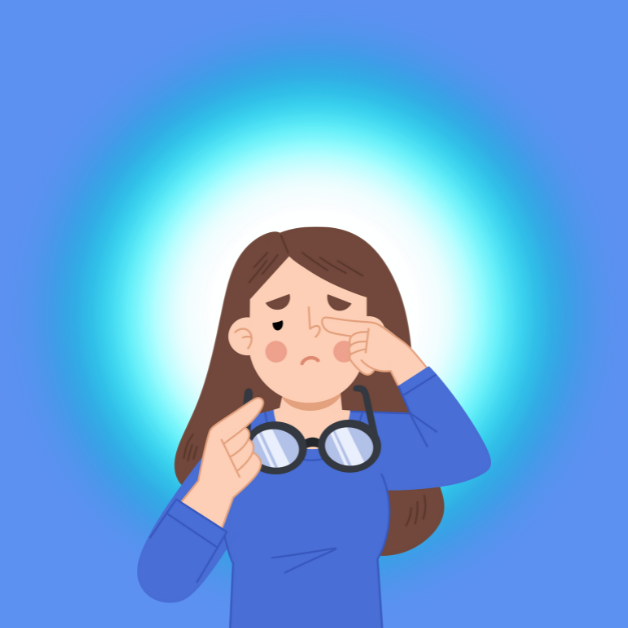Our NHS is a world-renowned healthcare system, but like many services worldwide, it has faced mounting pressure in recent years, especially with growing patient demand, workforce shortages and long waiting times. One of the most promising solutions emerging from this challenge is digital access to GPs, which is transforming the way patients engage with healthcare.
Digital GP services – including video consultations, telephone appointments, and online symptom checkers, are making it faster and easier for patients to access medical advice without needing to visit a surgery in person. This not only improves convenience but plays a vital role in relieving pressure on the NHS England .
So, how does it help?
1. Faster Access to Care
Digital GP services often offer same-day or next-day appointments, giving patients quicker access to medical advice, early intervention, and timely referrals. This reduces the need for unnecessary A&E visits or urgent care appointments.
2. Reduced Administrative Burden
With digital systems handling routine tasks like prescription renewals and appointment bookings, practice staff have more time to focus on complex cases and patient care, freeing up NHS resources more effectively.
3. Support for Workforce Gaps
Digital platforms can connect patients with available GPs across the country, not just in their local area. This flexibility helps manage regional disparities in access and ensures more consistent support, even in under-resourced communities.
4. Early Intervention & Prevention
Digital tools empower individuals to seek help earlier, before issues escalate. This is particularly useful for managing chronic conditions, mental health concerns, and musculoskeletal issues that, if left untreated, can result in hospital admissions or long-term complications.
The Future of Patient-Centred Care
Digital GP access isn’t about replacing traditional services, it’s about enhancing them. By offering patients more choice in how and when they receive care, it creates a more flexible, efficient system. And in doing so, it helps to reduce NHS waiting times, improve patient outcomes and create a more sustainable future for healthcare delivery.
As we continue to adapt to the needs of a modern population, digital healthcare is proving to be not just a convenience, but a critical part of the solution.





